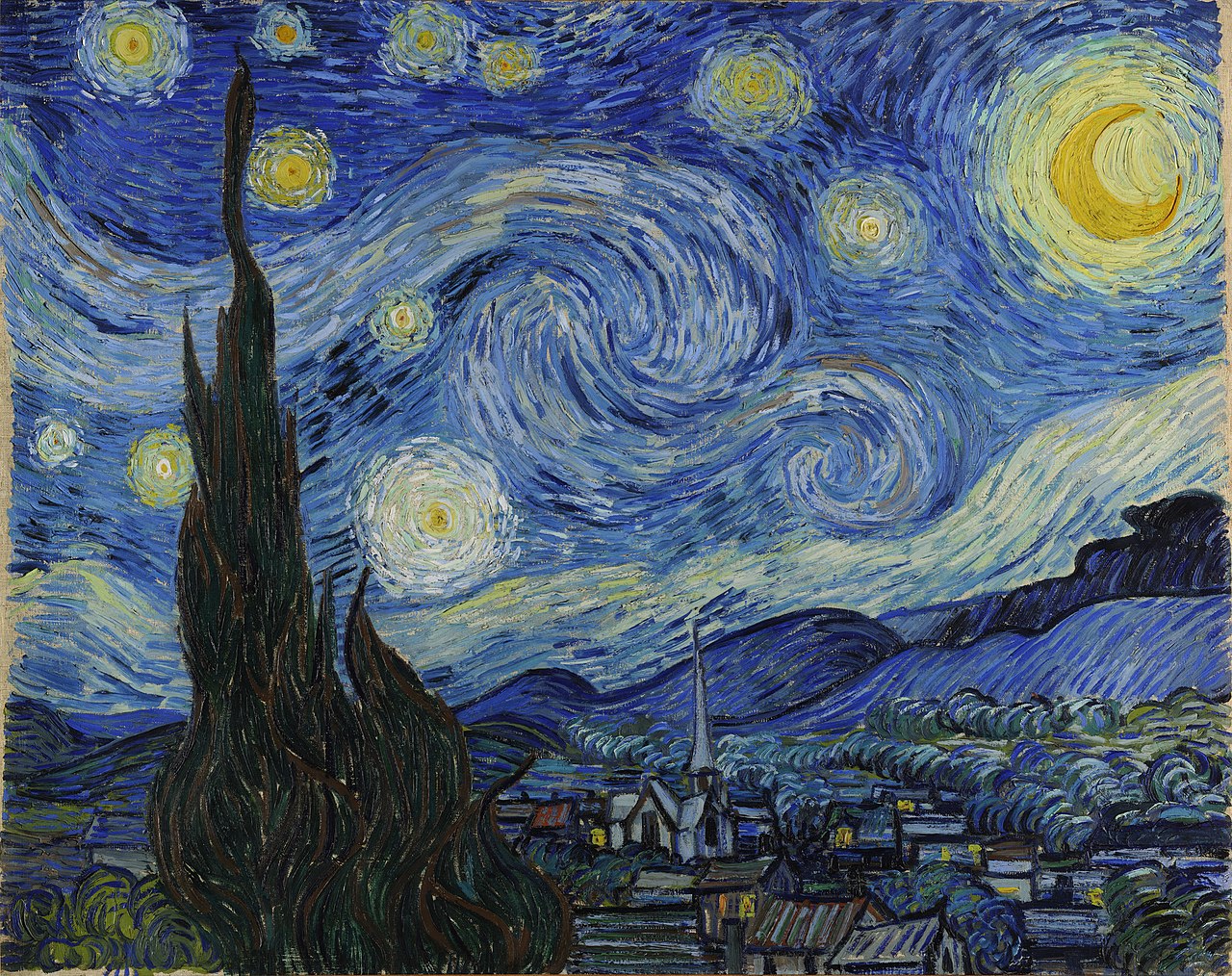
I feel like I’m having a weird eureka moment as if I solved a math equation.
It’s difficult for me to admit how much emotional validation I seek, and this is likely the underlying reason for my desires to enter a relationship. I also realize, based on my experiences and talking to other people, that people who feel they need a relationship are dependent in some way: whether they need sex, emotional validation, or both. The drawback with this is that this becomes a vicious cycle: the more dependent and needier you are, more people are repelled by this, which only exacerbates the situation.
The solution, of course, it to be a self-sustaining and emotionally independent person. I think the irony of that is that once you become independent, you won’t have a need to enter a relationship. So why bother? Maybe relationships are just add-ons and nice things to have that we don’t need.
(The romantic in me is dying for admitting this.)
But we can’t deny that even if we’re independent, we still need community and society to give us context for attributing meaning to our lives. For instance, the very fact that I am using language to communicate these thoughts shows that I’m dependent on our society and culture to help substantiate my values and beliefs.
I think we’re like individual components in a larger chain. If we don’t take responsibility for our independent roles, we’d fall apart from the chain that’s holding us together and sustaining us. As well, by being independent, we’d have a better capacity to contribute to society; and, in return, have more meaning in life.
Side note: I recently watched Loving Vincent and I’m in love with the film. It’s the world’s first fully painted animated film about the life of the painter Vincent van Gogh. Van Gogh lived a challenging life, but there’s so much beauty in it. Although he wanted to break free from society and be a loner, his contribution is timeless and is felt through his paintings and works. In the grand scheme of things, he truly has his place here even if he felt like he didn’t belong. By being independent and pursuing his passions, he was able to create great works of art for the world to admire.

Leave a comment